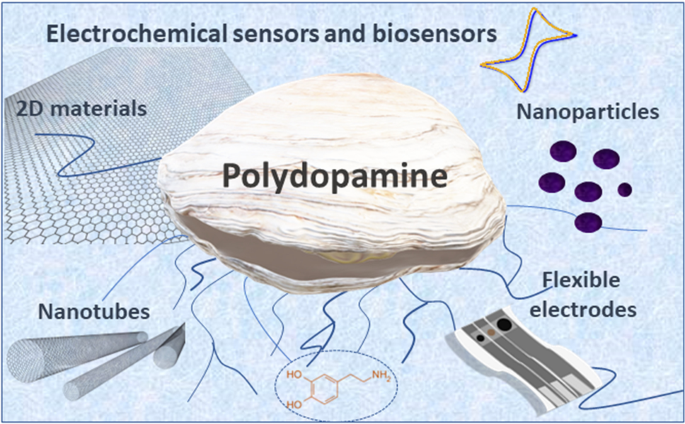Scientists harness the power of polydopamine to create a novel platform for anti-cancer drug delivery, offering new hope for patients worldwide
Cancer, a disease that affects millions of people globally, is a complex and multifaceted condition that requires innovative and effective treatment strategies. In recent years, researchers have been exploring novel approaches to combat cancer, and one such promising area of investigation is the development of polydopamine-based platforms for anti-cancer drug delivery.
What is Polydopamine?
Polydopamine, a synthetic polymer inspired by the natural adhesive properties of mussel foot proteins, has been gaining attention in the scientific community for its unique characteristics. This versatile material can be easily synthesized, is biocompatible, and exhibits excellent biodegradability, making it an attractive candidate for biomedical applications.
The Challenge of Cancer Drug Delivery
Conventional cancer treatments, such as chemotherapy, often suffer from limitations, including non-specific targeting, low efficacy, and severe side effects. The inability to selectively deliver anti-cancer drugs to tumor sites while sparing healthy tissues remains a significant challenge. This is where polydopamine-based platforms come into play.
The Polydopamine Advantage
Researchers have discovered that polydopamine can be engineered to create a platform for targeted drug delivery. By modifying the polydopamine structure, scientists can create nanoparticles that can selectively bind to cancer cells, allowing for the controlled release of anti-cancer drugs. This targeted approach minimizes the risk of systemic toxicity and enhances the therapeutic efficacy of the treatment.
How it Works
The polydopamine-based platform functions through a multi-step process:
- Nanoparticle formation: Polydopamine is synthesized into nanoparticles, which are then loaded with anti-cancer drugs.
- Targeted delivery: The nanoparticles are designed to selectively bind to cancer cells, exploiting specific receptors or biomarkers on the cell surface.
- Controlled release: The polydopamine nanoparticles release the anti-cancer drugs in a controlled manner, ensuring sustained exposure to the tumor site.
- Enhanced efficacy: The targeted delivery and controlled release of the drugs result in improved therapeutic outcomes, with reduced side effects.
Advantages and Future Directions
The polydopamine-based platform offers several advantages over traditional cancer treatments, including:
- Improved targeting: Enhanced specificity for cancer cells, reducing harm to healthy tissues.
- Increased efficacy: Controlled release of anti-cancer drugs leads to improved therapeutic outcomes.
- Reduced toxicity: Minimized risk of systemic toxicity and side effects.
As researchers continue to refine and optimize this technology, the potential applications are vast. The polydopamine-based platform could be adapted for the delivery of various anti-cancer drugs, as well as other therapeutic agents, such as genes, proteins, or small molecules.
The development of polydopamine-based platforms for anti-cancer drug delivery represents a significant breakthrough in the fight against cancer. By harnessing the unique properties of polydopamine, scientists have created a novel approach that offers new hope for patients worldwide. As this technology continues to evolve, we may soon see a paradigm shift in cancer treatment, with targeted, effective, and safe therapies becoming a reality.



